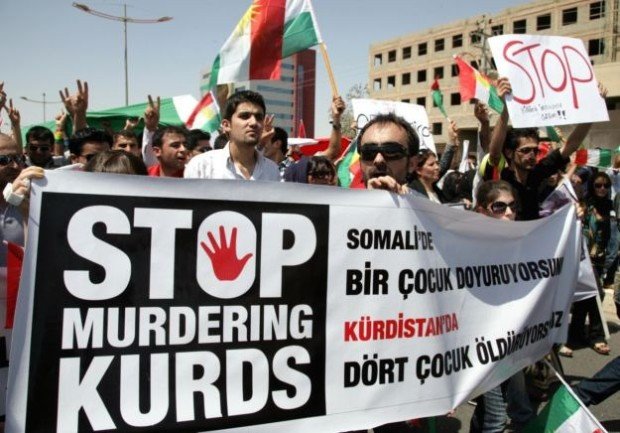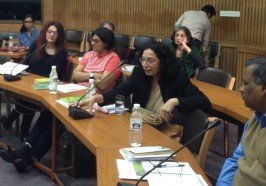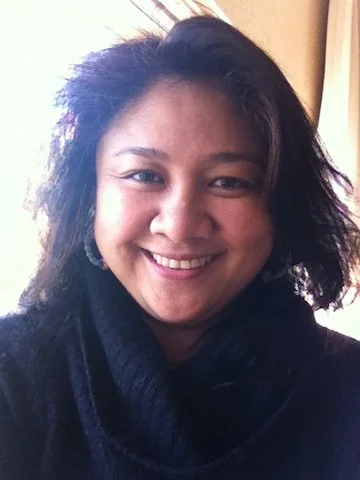Lila Abu-Lughod Publishes Forum on "The Politics of Feminist Politics"
Lila Abu-Lughod, project director of CSSD's Gender, Religion and Law in Muslim Societies working group and Joseph L. Buttenwieser Professor of Social Science at Columbia University, recently edited a special forum called "The Politics of Feminist Politics" for the journal Comparative Studies of South Asia, Africa and the Middle East.
The special section brings together the work of feminist scholars of the Middle East and South Asia to highlight the silences and exclusions that mark the transregional imaginative geographies of both “feminism” and “Islam.” The essays use careful analysis of the languages of justice, forms of social and political life, and embodied realities of particular places and times to call into question some of the generalized claims of liberal feminist discourse.
These works track the everyday languages and institutions of governance, policing, and morality by investigating diverse fields such as legal cases, histories of education, dynamics of marriage, arts of linguistic transformation, politics of religious argument, legitimations of state power, and political economies of labor and housing.
Read the issue here.
CSSD Condemns Turkish Government's Censure of Scholars
The Center for the Study of Social Difference joined over 25 international higher education organizations in signing a joint public letter addressed to Turkish government officials registering concern over the official treatment of academics.
Over 1,100 scholars in the Turkish higher education and research sector have been subjected to arrests, investigations, interrogations, suspensions and termination of positions, according to the letter, after signing a public statement urging Turkish authorities to renew a peace process with members of the embattled Kurdish Workers’ Party (PKK) in the southeastern area of the country.
The Turkish scholars were investigated by prosecutors and accused of terrorist propaganda after they signed the petition, which demanded an end to fighting between government forces and the PKK. Eighteen scholars were placed under arrest and have since been released but others were suspended or forced to resign from their positions at Turkish higher education institutions.
The joint letter states that recent events “suggest a serious and widespread effort to retaliate against scholars for the nonviolent, public expression of their views on matters of professional and public concern—conduct expressly protected by internationally recognized standards of academic freedom, freedom of expression and freedom of association as articulated in, among others, the Universal Declaration of Human Rights and the International Covenant on Civil and Political Rights, to which Turkey is a signatory.”
The signatories encourage Turkish officials to end any pending legal, administrative or professional actions undertaken against the scholars concerned and to renew publicly their commitment to internationally recognized principles of academic freedom and expression. The letter and its signatories can be viewed here.
“Where they are a part of a widespread pattern, such incidents have a profoundly chilling effect on academic freedom, undermine democratic society generally, and represent a grave threat to higher education and scholarly inquiry,” said Marianne Hirsch, member of the Center for the Study of Social Difference and Professor of English and Comparative Literature at Columbia University. “The world outcry against these Turkish government actions represents an effort to protect the freedom to sign petitions and to demand peace,” she said.
Hirsch will be speaking at a joint press conference with “Academics for Peace and Academic Freedom in Turkey” on Friday, January 29th, 1 p.m. at the Hagop Kevorkian Center for Near Eastern Studies, New York University. Speakers also include T. Kumar, International Advocacy Director for Amnesty International USA.
"Difference of Caste" Workshop Convenes in New Delhi
The working group Gender and the Global Slum convened a closed workshop December 21-22, 2015 at the India International Centre in New Delhi on "The Difference of Caste."
The workshop served as preparation for the forthcoming publication of a volume of the same title concerning the intersections of caste, gender, sex, and social difference, to be edited by Anupama Rao and published by Women Unlimited.
The Difference of Caste will extend and elaborate on issues that were first addressed in a reader entitled Gender and Caste: Issues in Indian Feminism, that was published by Zed in 2003. Gender and Caste asked scholars to recognize caste’s centrality to the production of the gendered subject, and feminism’s complicity in producing a limited, or partial subject of feminism.
The workshop was supported by funds from the Institute for Comparative Literature and Society, and the Center for the Study of Social Difference. Read more about the workshop here.
Gayatri Chakravorty Spivak Translates New Edition of Derrida's "Of Grammatology"
Gayatri Chakravorty Spivak, director of CSSD's working group on "The Rural-Urban Interface: Gender and Poverty in Ghana and Kenya, Statistics and Stories" and Columbia University Professor in the Humanities, retranslated the recently published fortieth anniversary edition of Jacques Derrida's Of Grammatology, the seminal text on deconstruction.
The new translation boasts a greater awareness of Derrida's legacy and also includes a new afterword by Spivak and an introduction by Judith Butler, former director of the CSSD working group on Rethinking Vulnerability and Resistance: Feminism and Social Change and Hannah Arendt Chair at the European Graduate School.
At the time of the book's original publication, Dennis Donoghue wrote in the New Republic, "There is cause for rejoicing in the translation of De la grammatologie."
Purchase the book here.
Lila Abu-Lughod Delivers Edward Said Memorial Lecture at the American University in Cairo
Lila Abu-Lughod, Professor of Social Science at Columbia University and Project Director of CSSD’s working group on Gender, Religion and Law in Muslim Societies, delivered the Edward Said Memorial Lecture at American University in December. In a followup interview with the Egyptian newspaper Al-Ahram Weekly, Abu-Lughod discussed the critical reception of her book, Do Muslim Women Need Saving? as well as gender politics and the "Malala Effect," the Arab Spring, and BDS.
Read the full interview here.
CSSD Member Amina Tawasil Publishes on the Emancipatory Effects of Marriage and Motherhood on Shi'i Women in Iran
Amina Tawasil, Visiting Lecturer at the International Studies Institute, University of New Mexico and member of the CSSD working group on Gender, Religion and Law in Muslim Societies, recently published research in the Journal of Women of the Middle East and Islamic World entitled "Towards the Ideal Revolutionary Shi'i Woman: The Howzevi (Seminarian), the Requisites of Marriage and Islamic Education in Iran."
Tawasil’s ethnographic fieldwork in Iran reveals how some religious conservative howzevi (seminarian) women understand marriage and motherhood as constitutive of idealized womanhood. Tawasil argues that the howzevi’s observances of certain constraints impose both regulatory and emancipatory effects as they facilitate educational, social and political mobility.
Read the full article here.






